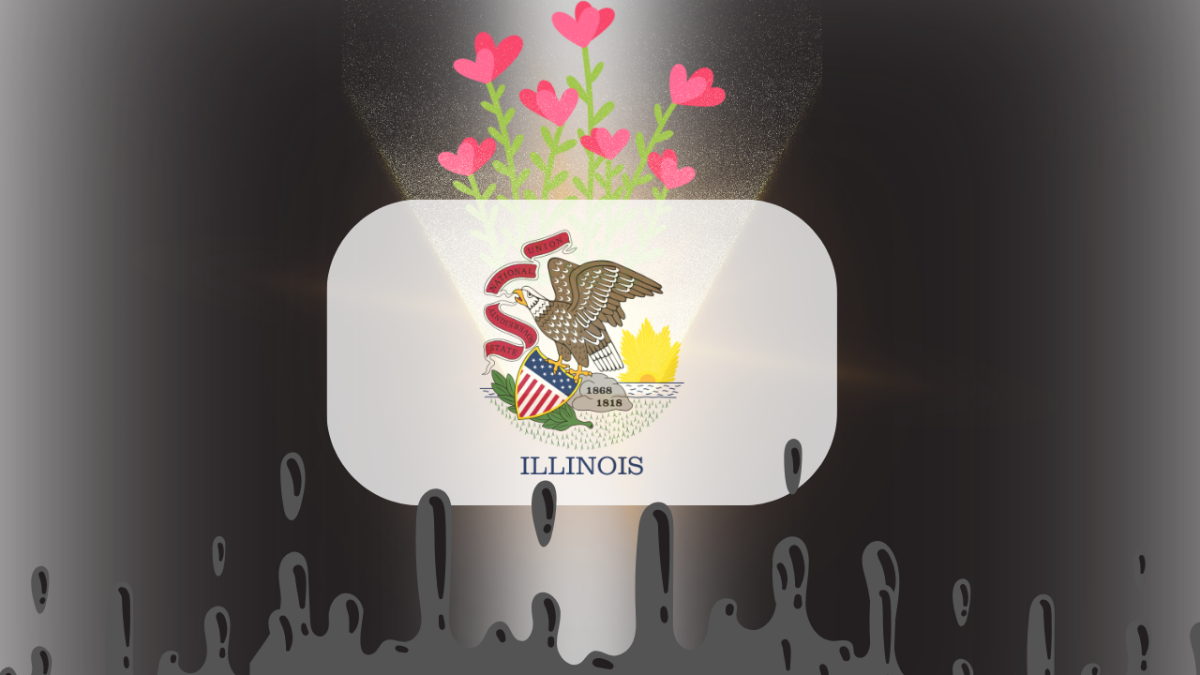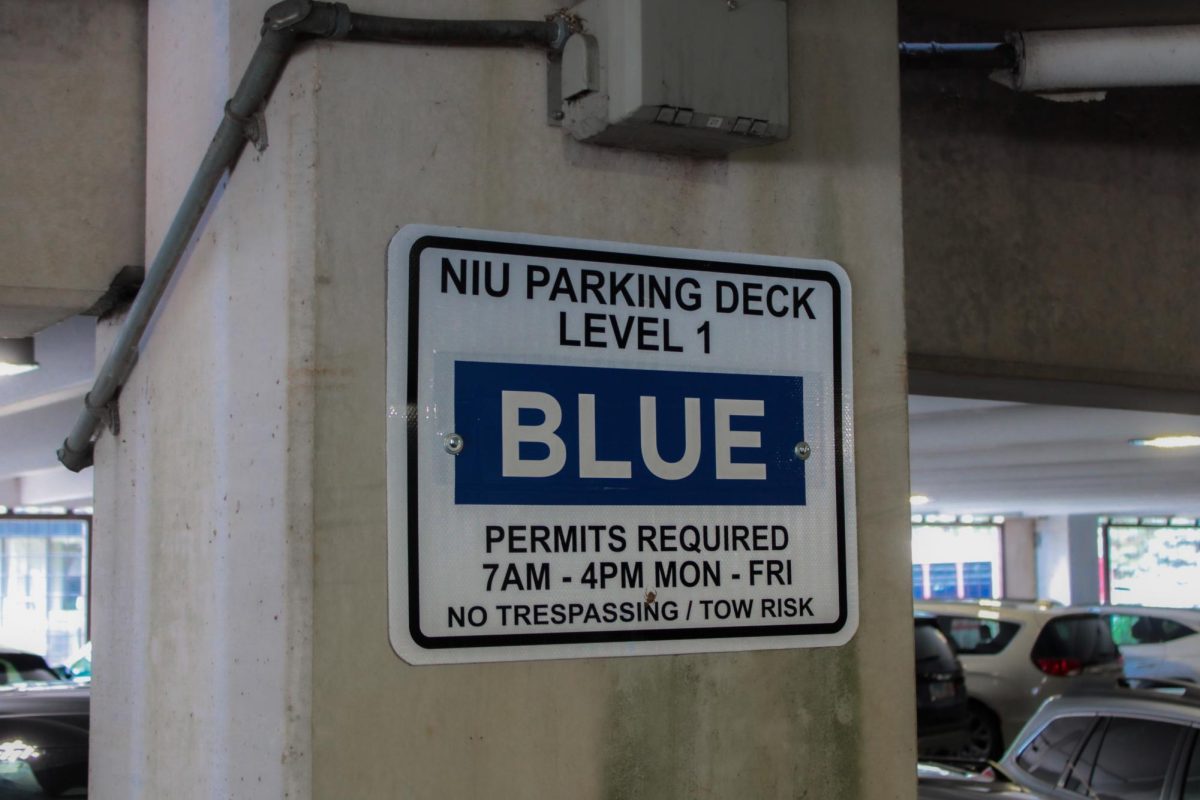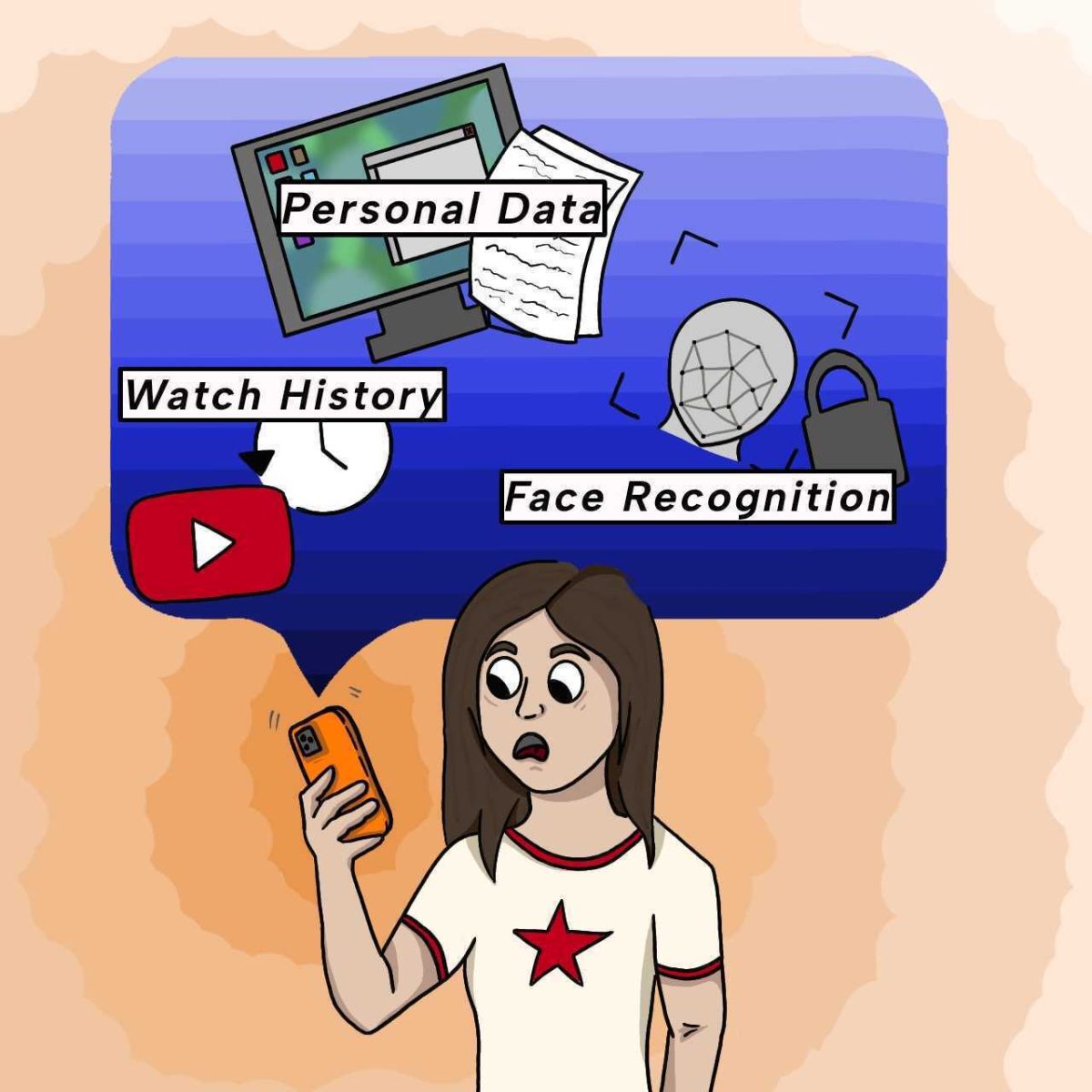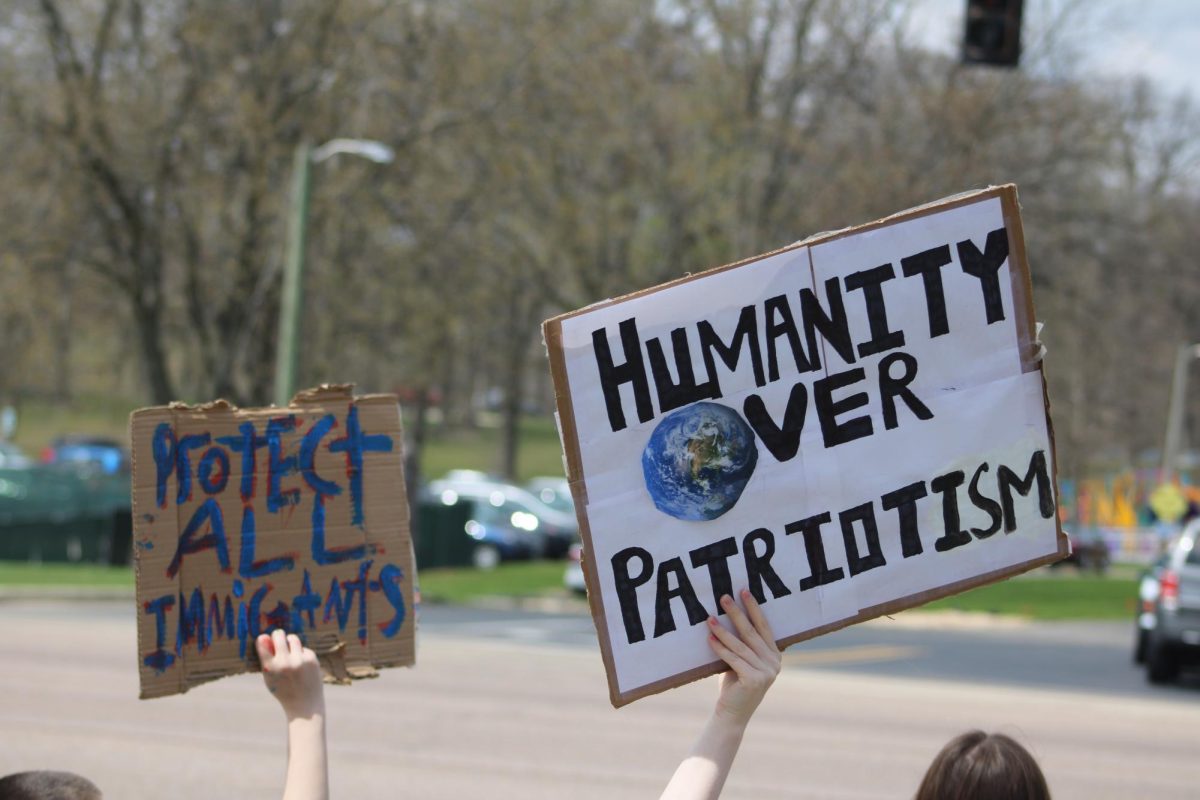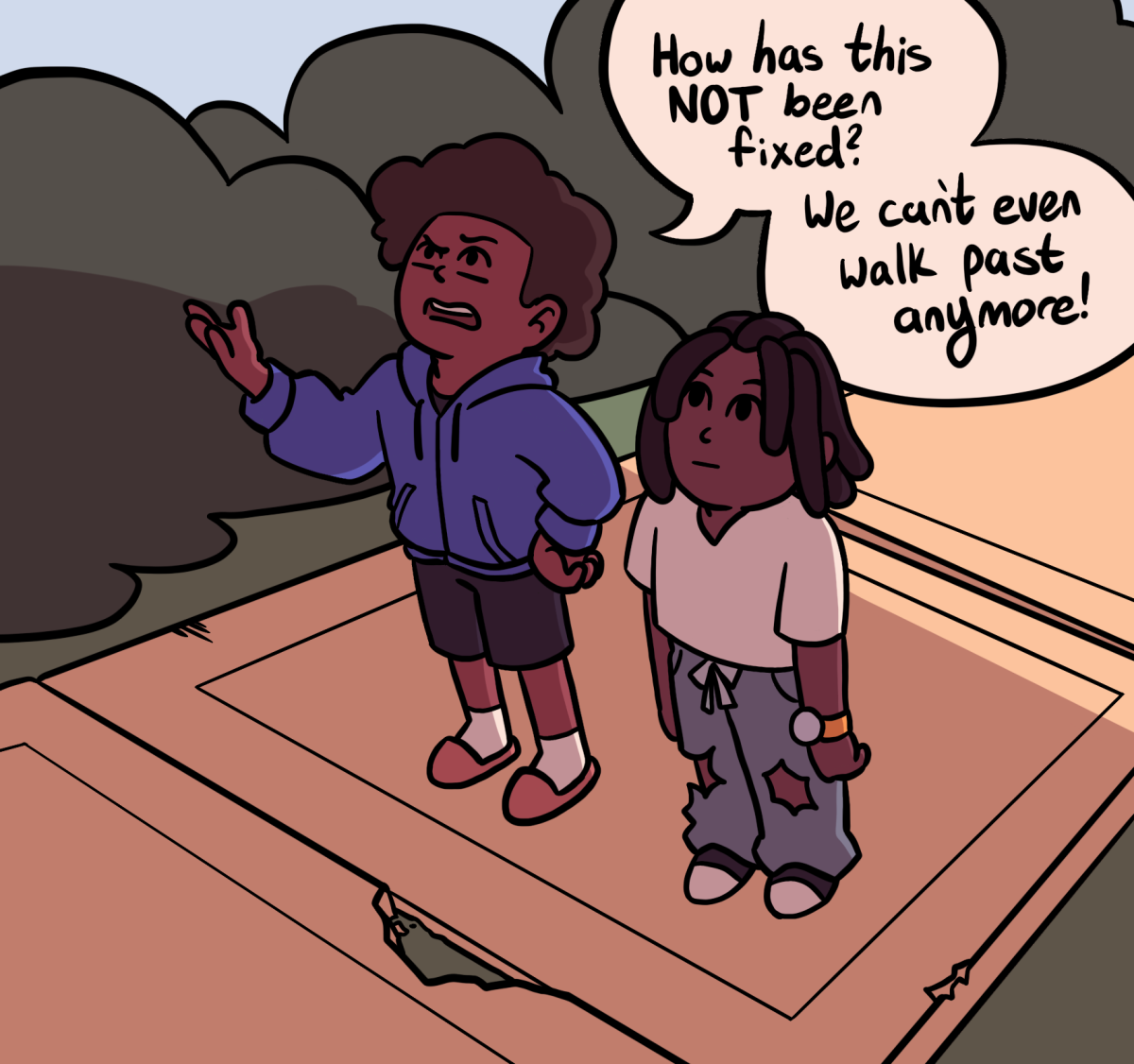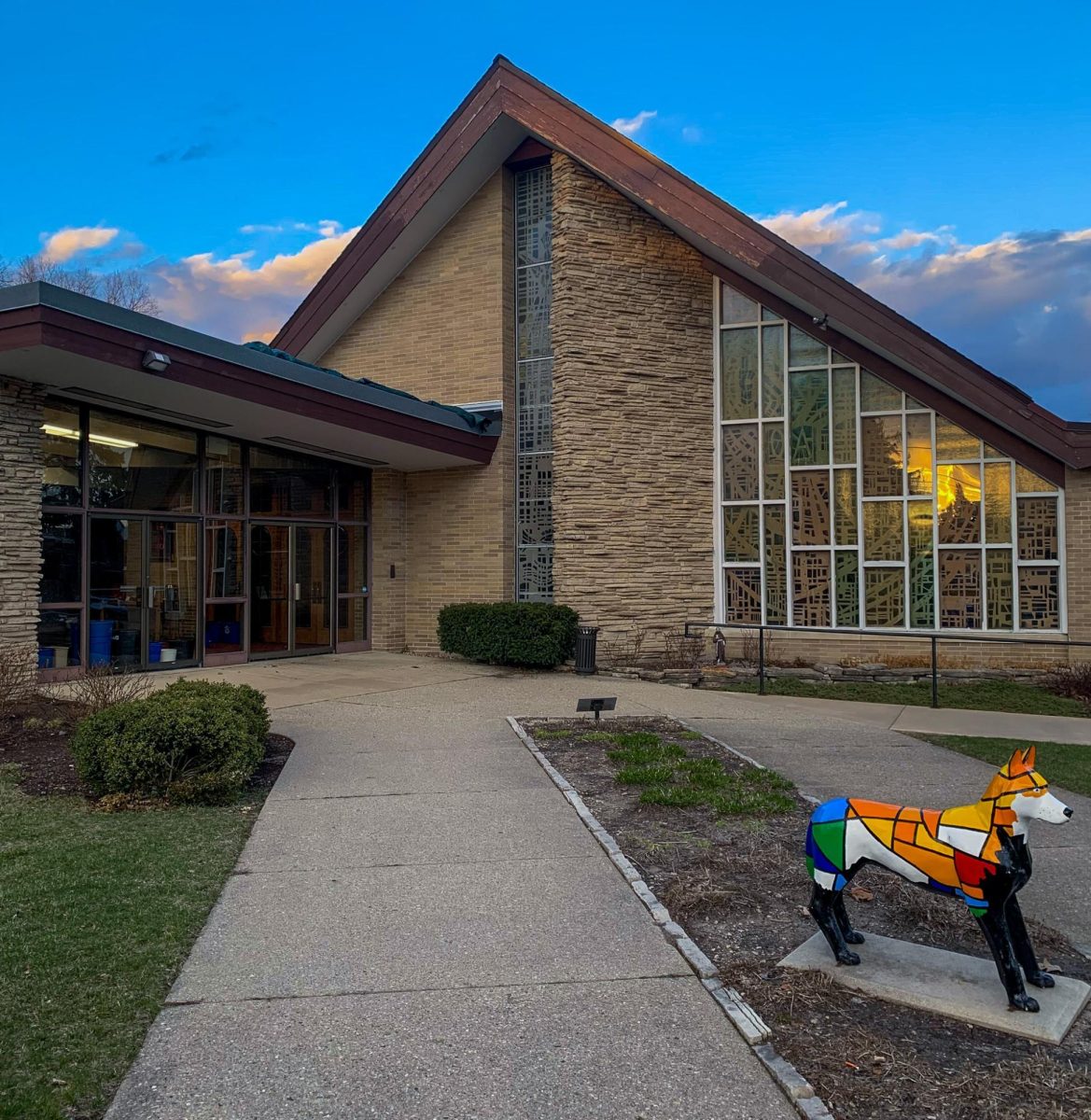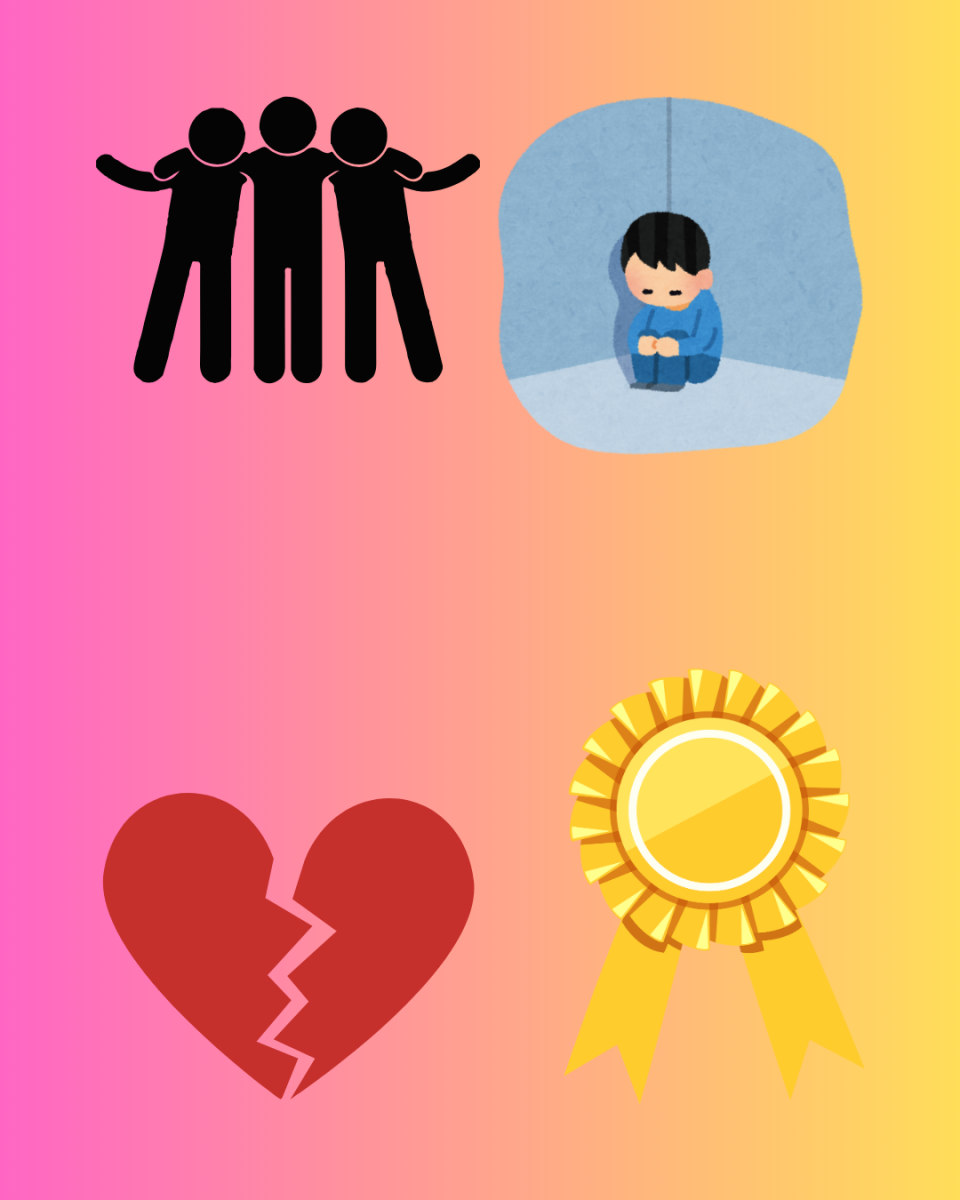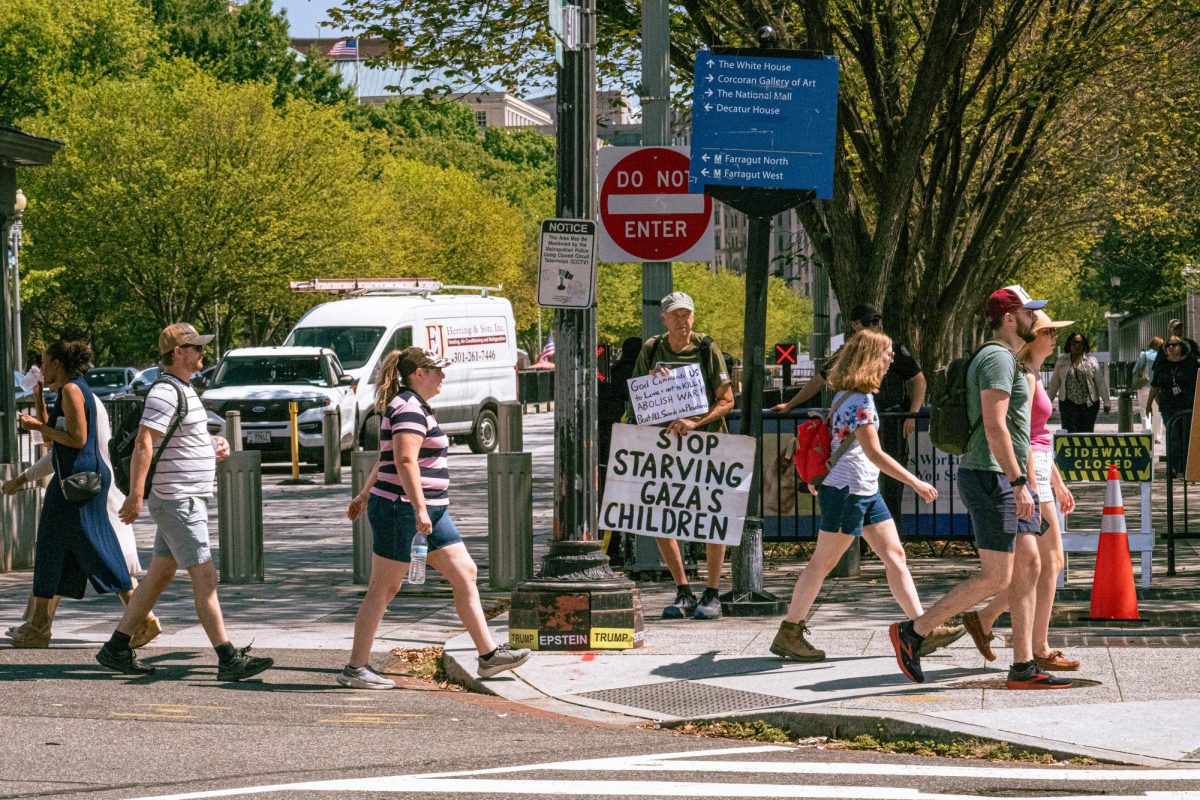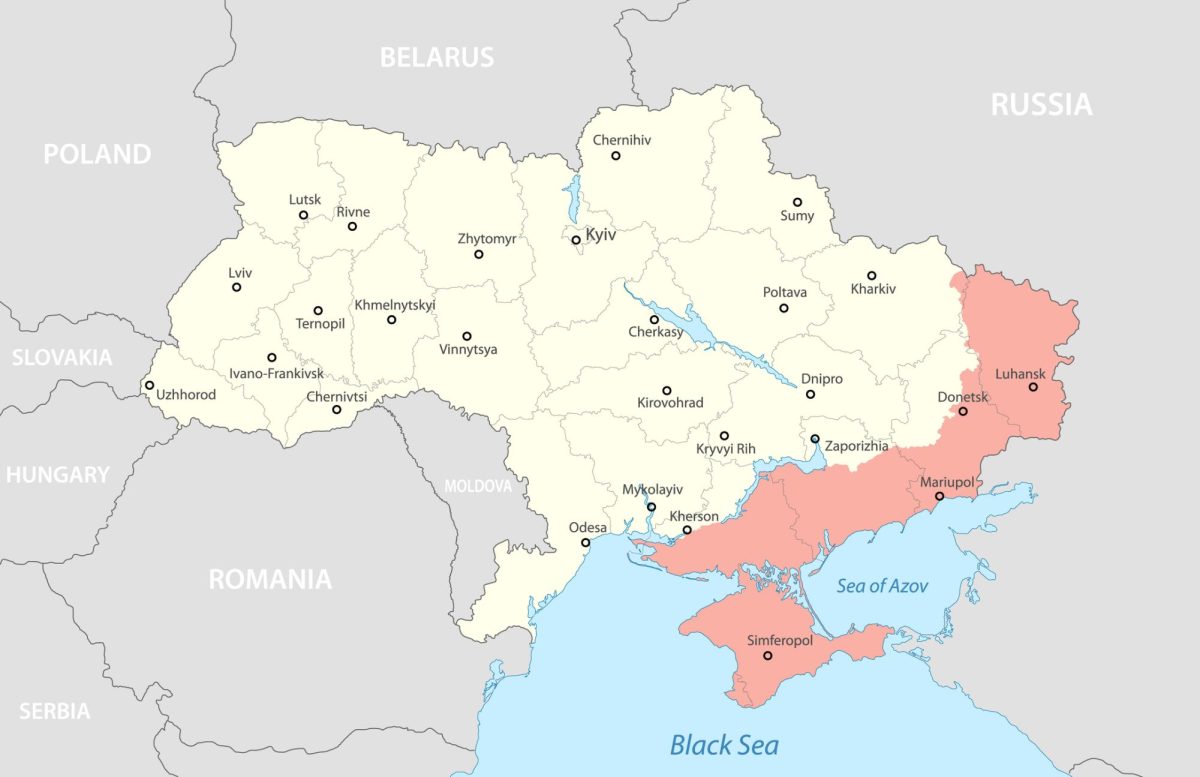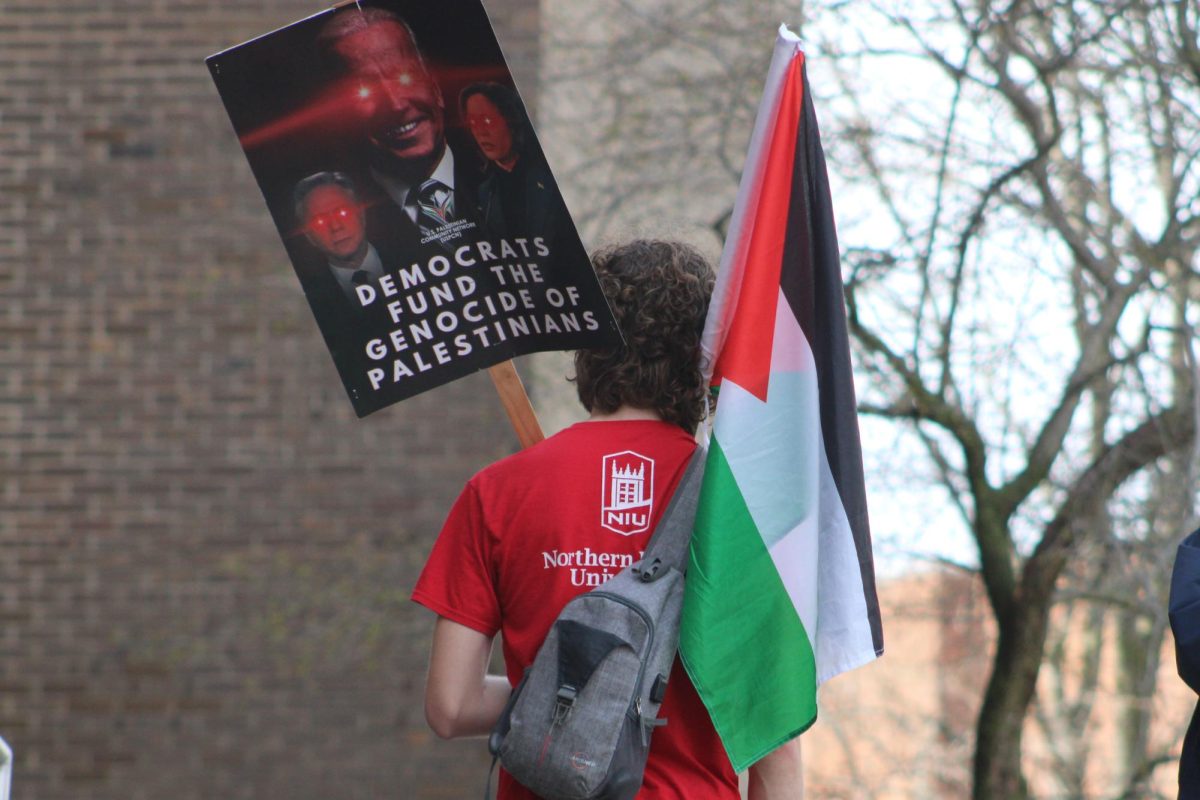With recent political unrest, hate crime is at a record high. Action needs to be taken to lower this number. Illinois’ launch of the “Help Stop Hate” program is a step in the right direction.
“We are here today to officially launch Help Stop Hate, a new resource that will help protect and empower victims and witnesses to incidents of hate through a free, confidential and multilingual service,” said Gov. JB Pritzker on Oct. 30 at a Chicago news conference.
Between the Israeli-Palestinian conflict and the recent U.S. presidential election, tensions have been rising between those with different political affiliations. This program – funded by a $1.3 million grant from the U.S. Department of Justice – grants recognition and support to those affected by hate speech potentially caused by this tension.
“The concept of a hate crime is typically for a crime of violence,” said Daniel McConkie, professor of law and director of Faculty Development and Research at NIU. “A hate crime results in a higher sentence because the motivation for the crime is the target or the victim’s membership in a protected class. You know, they’ve been chosen because they are, you know, because of their gender, because of their religion, because of their race or ethnicity.”
The program, overseen by the Illinois Department of Human Rights and the state’s Commission on Discrimination and Hate Crimes, invites people affected by hate crimes to discuss the incident at ilstophate.org or call 877-458-HATE.
This allows those affected to speak to professionals, deal with trauma inflicted by the incident or report the incident to law enforcement.
“A hate crime, in my opinion, does more harm than a normal crime,” McConkie said. “Because if somebody commits a battery on a regular person for ordinary reasons, like they have a fight, then the victim is the person who is battered. But if somebody picks out a victim because of their race, then the crime, in a sense, is doing harm to that entire (group), to the members of that group in a community, because it spreads fear.”
Another attempt to lower hate crimes that should be approved is Illinois House Bill 5368. This bill would enforce mandatory training for law enforcement on “crimes motivated by bias.” This further highlighting of how hate crimes operate within communities could be effective in decreasing their frequency.
Hate speech and crime is not limited to Illinois. Other states should follow suit and introduce programs like Help Stop Hate as well. Stopping hateful action is important and needs to be acknowledged and prioritized by the government.


